
Duolingo introduces chatbots to help iPhone users learn a foreign language
There are many ways to try to learn a new language, ranging from audio books and text books, to software and web-based options. One learning tool that's proving popular at the moment is Duolingo, and a new feature has been introduced that helps to provide an immersive linguistic experience.
It is said that one of the best ways to learn a language is to visit the country that speaks it and surround yourself with native speakers. As this is not always possible, Duolingo's new chatbot feature could be the next best thing.
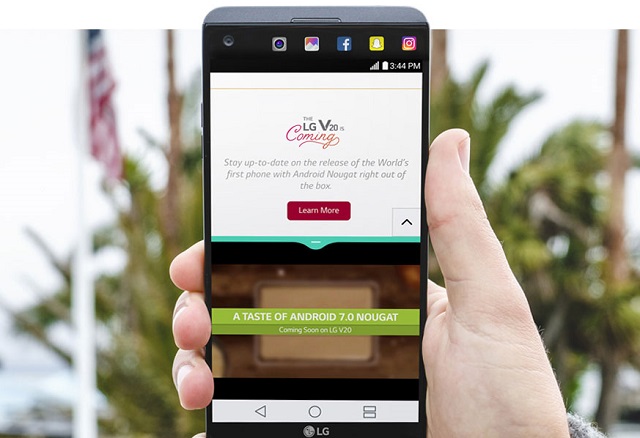
Here's when you can buy the LG V20 Android 7.0 Nougat smartphone on T-Mobile
The LG V10 was one of the biggest surprises of 2015. While it wasn't marketed as a flagship, many folks -- including yours truly -- preferred it to the LG G4. The V10 was special, as it featured an exclusive extra screen at the top of the device. While the secondary display looked like a gimmick, it actually worked well -- it proved useful. The LG V10 was built like a tank too, making it one of the best Android phones ever.
Earlier this year, LG released its G5 flagship, and sadly, it was a dud. It had build-quality issues, and was overall a boring product. The interchangeable modules were poorly executed, making it a bad choice. Luckily, the successor to the V10 is on the way to wash the bad taste of the G5 out of consumers' mouths. Don't worry -- the LG V20 has the extra screen like its predecessor. If you want to buy it on T-Mobile, I have good news -- today, the company reveals the release date. As icing on the cake, the cellular carrier is giving away high-end headphones when you buy the LG device.

New Mac malware could secretly record your webcam during video chats
FBI director James Comey made the news last month when he admitted that he tapes over his laptop's webcam to avoid being spied upon. Mark Zuckerberg does it too. As Comey puts it, blocking the webcam is a "sensible" thing to do -- and if you too care about your privacy you should follow suit. But, there is a problem.
When you remove the tape to chat with someone you are left vulnerable. And, as a security researcher will demonstrate today at the VB2016 conference, a hacker could use that opportunity to record Mac users' activities "in an essentially undetectable manner".

How behavioral biometrics can enhance security [Q&A]
Traditional authentication methods are struggling to keep up with the expansion of online services. Yet additional systems like two-factor authentication can prove to be cumbersome.
The answer may lie in analysis of behavioral biometrics which can be used to determine wether credentials are being used legitimately. We spoke to Neil Costigan CEO of Swedish company BehavioSec to find out more about where it’s already being used and how it could change the way we access banking and other services.

NirSoft's LastActivityView now displays recent Wi-Fi network connects and disconnects
NirSoft’s user-tracking LastActivityView now displays all the recent wireless network connects and disconnects for the current system.
This is particularly handy for computer forensics, as it might help show where a laptop user has been over the past few days.

Ockel Sirius A is the world's most versatile mini Windows 10 PC
If you have a phone running Windows 10 Mobile, you can use it as a mini PC, connecting it to a TV or monitor. However, this functionality -- Continuum for phones -- is only available on certain devices.
If you want a more powerful pocket PC, then Ockel Sirius A is a promising solution. It’s a full Windows 10 PC in a tiny, mobile-sized device that will fit comfortably in your pocket.
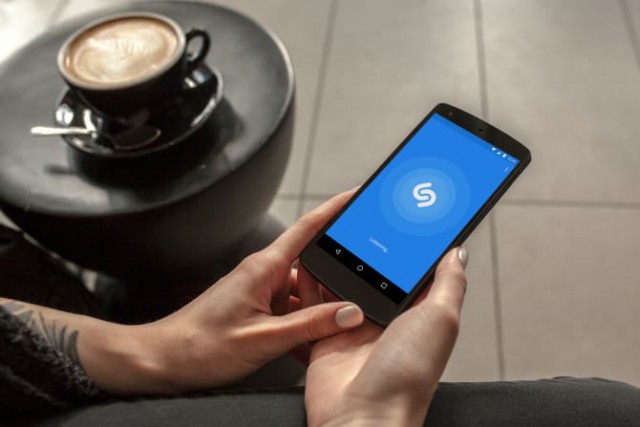
Shazam launches stripped-down music recognition app
Shazam is a fantastic app for identifying music but, judging by the launch of a new version, it is not for everyone. Its maker believes that potential new users in emerging markets might be better served by a smaller and lighter version of the app, so today it introduces Shazam Lite.
Unlike Shazam, which takes just under 60MB of storage on a OnePlus 3, Shazam Lite has "a highly optimized size of less than 1MB" to suit the entry-level Android smartphones that are taking over emerging markets. It is not uncommon for such a device to have 8GB or 16GB of storage.
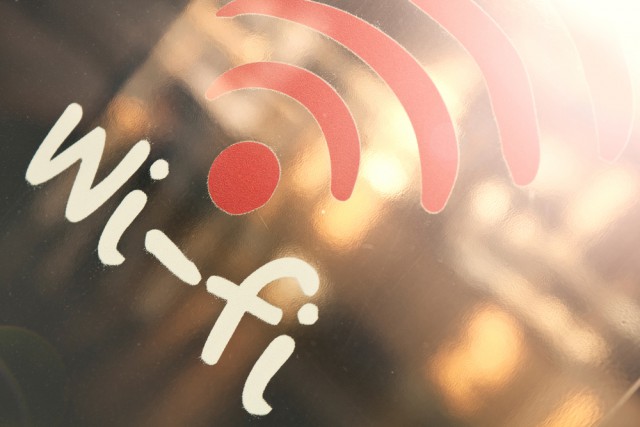
Free Wi-Fi is a 'major factor' when choosing a restaurant
Choosing between a restaurant offering free Wi-Fi and one that doesn't, two thirds (66 percent) of consumers will go with the one that allows free connectivity, according to new research. Hughes Europe's new report says access to free Wi-Fi has become a "major factor" when consumers are faced with eating and drinking choices.
Almost half (46 percent) also say this affects their choice of shops. "Our survey explores how consumers increasingly expect access to Wi-Fi when they shop, enter a restaurant or look for somewhere to stay", says Chris O'Dell, vice president of sales and marketing, Hughes Europe.

New technology automates CRM for more effective marketing
Whilst CRM systems are used by many companies to handle their sales processes, they still rely heavily on the human element when it comes to interpreting the data they hold.
Marketing cloud specialist Optimove is seeking to bring machine learning and artificial intelligence to bear on CRM with the launch of Optibot. This is designed to automate the analysis and interpretation of customer marketing campaigns behind the scenes and recommend actionable insights to help marketers improve their campaign performance.
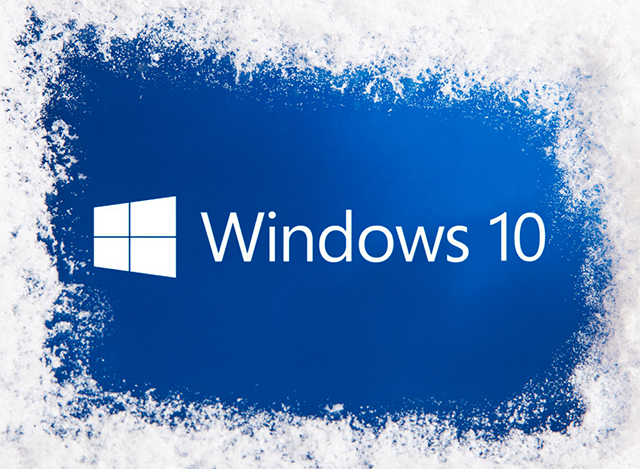
How to uninstall Windows 10's built-in apps
There are a number of benefits to being a Windows Insider, the primary one being that you gain access to the latest features before anyone else. If you're running build 14936 of Windows 10, there's a new option available that will be of interest to many people -- the ability to remove built-in apps.
It's something that Windows 10 users have been looking for for some time, and it's not quite clear why it has taken Microsoft so long to make the option available. The good news is that it is now possible to remove some of the default apps that you simply do not need; the bad news is that there are still some that remain untouchable.
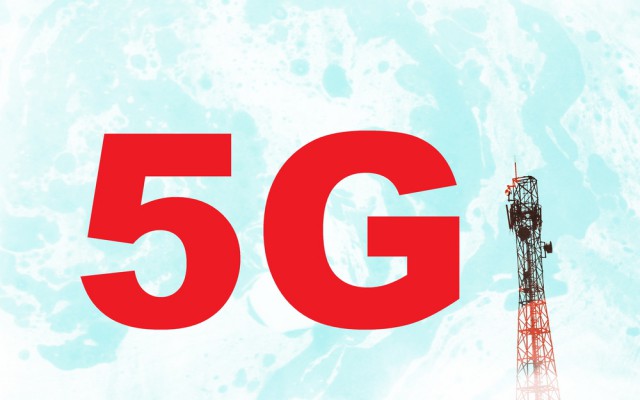
5G could be live before the 2018 Winter Olympics
East Asian technology companies want to see 5G in action during the next Winter Olympic Games in Pyeongchang, South Korea, in 2018, and they're doing everything they can to make it a reality. According to a new report by GSMA, entitled Mobile World Live, this effort is 'accelerating the global development of the technology'.
To put things into perspective, 3GPP (the leading standards body) is planning on producing the first 5G specs in June 2018, mere months before the event kicks off. "Given their enormous global profile, it is perhaps not surprising that the Olympics have been central in driving the timeline for 5G, yet it’s hard to recall many other technologies previously being showcased on this stage in this way", says Christopher Cave, director, R&D, InterDigital.

Nero 2017 adds HEVC support, 4K templates and effects, 256-bit encryption
Nero AG has unveiled its 2017 multimedia range, including Nero 2017 Platinum ($129.95), Nero 2017 Classic ($99.95), Nero Burning ROM 2017 ($49.95) and Nero Video 2017 ($49.95).
Top-of-the-range Nero 2017 Platinum gets support for playing, editing and converting HEVC/ H.265 video, and also ramps up its 4K support with 42 4K-optimised video templates and hundreds of 4K effects.
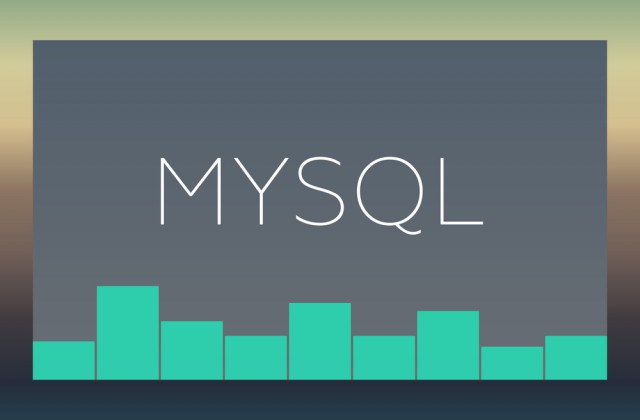
Everything you need to know about scaling MySQL
One of the key features that every database must have is scalability. This is particularly true for eCommerce websites where thousands of transactions take place every day. As such, for eCommerce websites to run smoothly you need to increase the storage as well as memory as your customer base expands. Which is why you need to know about scaling your MySQL databases. Scaling is important for merchants that are looking to add commodity servers as well as improve their read and write performance without migrating databases to bigger servers.
Generally, businesses can scale MySQL databases on cloud effectively, increasing their capacity to handle growth without having to invest in hardware. Even then, MySQL presents limitations, hence it is not surprising for your database to exhibit latency and performance issues that translate to missed revenue. To counter this, you may opt for a database that has the capability of scaling out horizontally, effectively being able to handle an unlimited number of users.

Google releases open source 'Cartographer'
Machine learning and vision are essential technologies for the advancement of robotics. When sensors come together, they can enable a computer or robot to collect data and images in real-time.
A good example of this technology in real-world use is the latest Roomba vacuums. As the robot cleans your dirty floor, it is using sensors combined with a camera to map your home. Today, Google releases Cartographer -- an open source project that developers can use for many things, such as robots and self-driving cars.
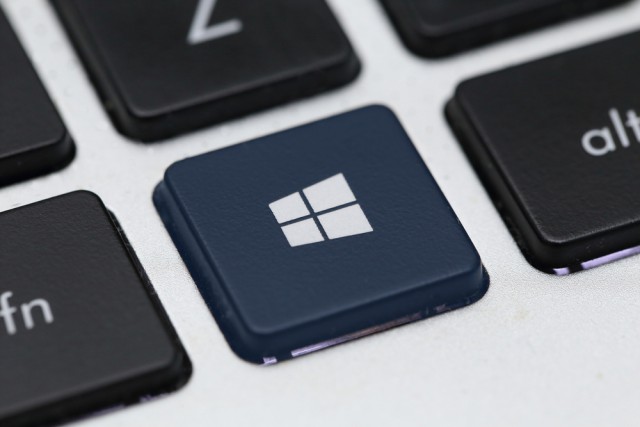
Windows 10 Insider Preview Build 14931 for PC arrives on the Slow ring
Two weeks ago, Microsoft released Insider Preview Build 14931 to the Fast ring. It wasn’t the most exciting of new builds, as it didn’t offer any new features as such, but focused instead on improvements and fixes.
Today, that build makes its way to the Slow ring. Improvements for PC include:



